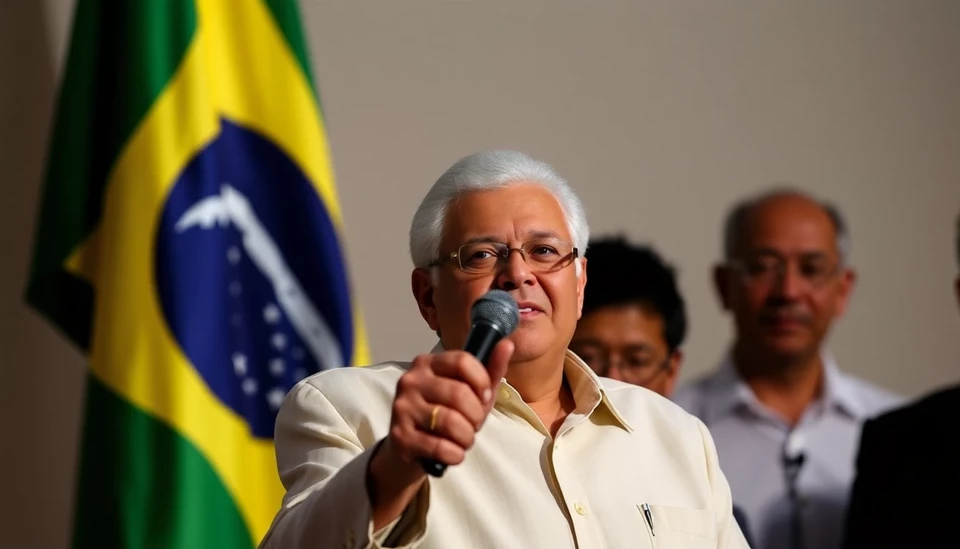
In a recent statement that has attracted significant attention, Brazil's Finance Minister has pointed to international economic factors as a key reason behind President Luiz Inácio Lula da Silva's decreasing popularity. This assertion comes at a time when Lula’s government is increasingly feeling the pressure of stagnant approval ratings, prompting officials to reassess the circumstances surrounding the administration’s support base.
The minister emphasized that Lula’s declining appeal is not solely a domestic issue, but rather a reflection of broader global economic turmoil that has impacted various regions, including Brazil. He noted that the ongoing challenges, such as inflation and policy shifts in major economies, have created a climate of uncertainty that has trickled down to affect local sentiments toward the Lula administration.
This analysis comes against a backdrop of persistent economic difficulties that have plagued Brazil, including rising prices and concerns over sustainable growth. The Finance Minister argued that many Brazilians are grappling with higher costs of living, which understandably contributes to their frustrations with the government. He illustrated his point by referencing the struggles faced by everyday citizens trying to make ends meet amidst these tough economic conditions.
The Finance Minister articulated a sense of urgency for the government to engage with the populace more effectively, to communicate the complexities of the global market and how these issues intersect with Brazil's domestic challenges. He suggested that the administration must adopt strategies that not only address local economic policies but also clarify how international economic narratives influence Brazilian life.
Despite these current adversities, the Finance Minister remains optimistic about the potential for recovery, provided that both the administration and the public can remain resilient. He urged stakeholders to consider the long-term outlook while also acknowledging that these global economic pressures require immediate and sustained attention from Lula's team.
The conversation surrounding Lula's approval ratings continues to evolve, as ministers and analysts alike attempt to understand the multifaceted factors influencing public sentiment. The finance chief’s remarks underline a growing concern that without strategic planning and effective communication, the government risks further alienation from the electorate as economic challenges persist.
The situation continues to unfold, and the coming months will be crucial in determining how both Lula and his government navigate these complex domestic and international waters. Observers are keenly watching for any policy shifts or initiatives that may be introduced as a response to these ongoing challenges.
As Brazil approaches significant decision-making periods, the administration faces the dual task of managing internal expectations while mitigating external pressures. It is a balancing act that will require tact and a keen understanding of both local and global economic landscapes.
In summary, the Finance Minister's remarks highlight an important dialogue about the relationship between global economic conditions and domestic political support. As Brazil continues to grapple with these issues, the focus remains on how effectively the Lula administration can forge ahead in recovery and regain the trust of its citizens.
#Brazil #Economy #Lula #ApprovalRatings #Finance #GlobalChallenges #PoliticalAnalysis #EconomicStrategy
Author: Rachel Greene




